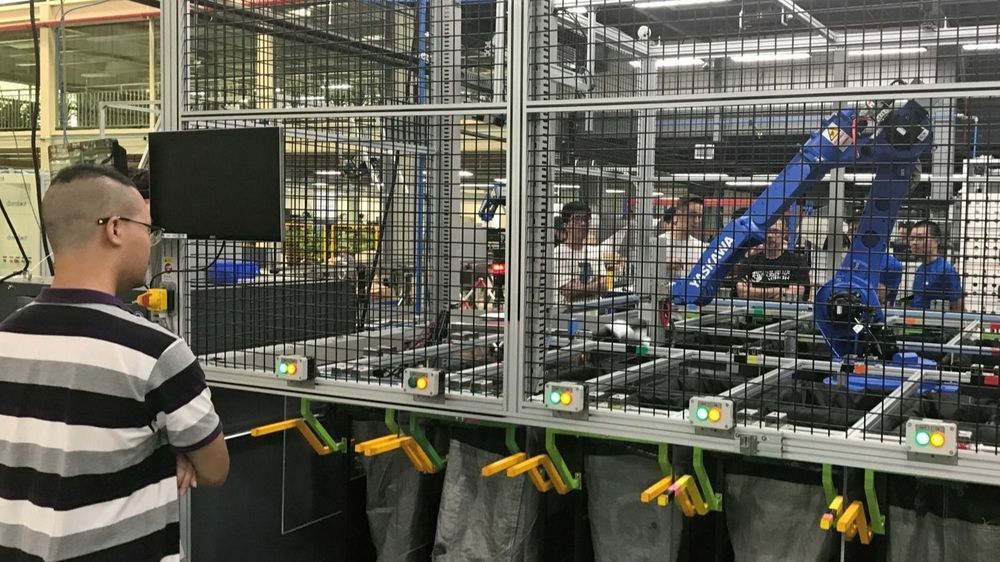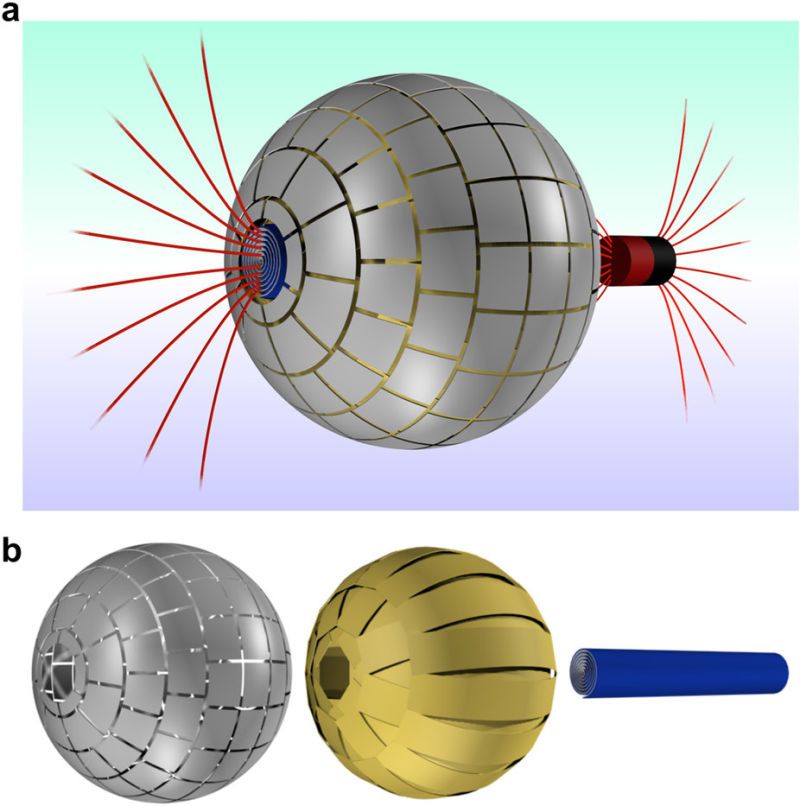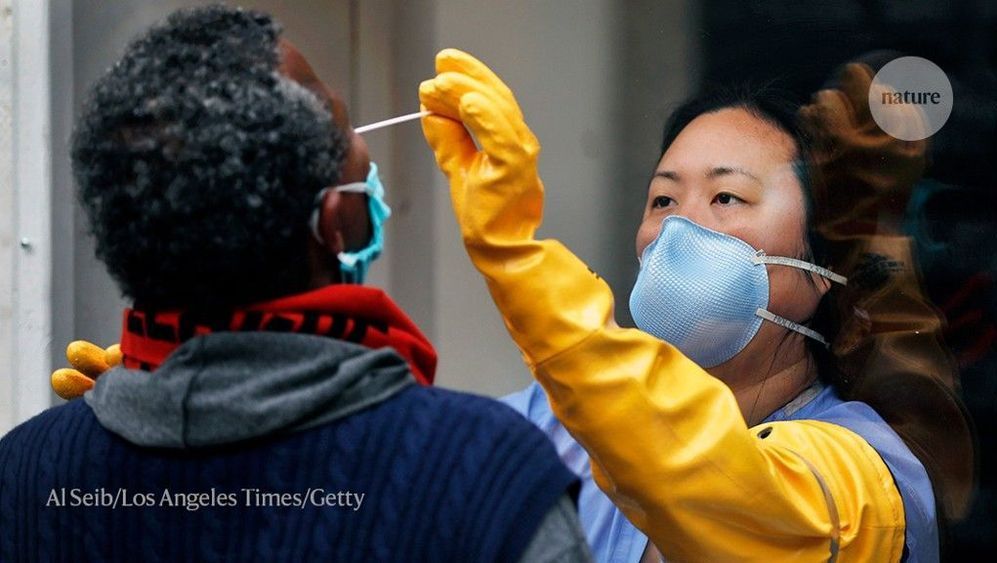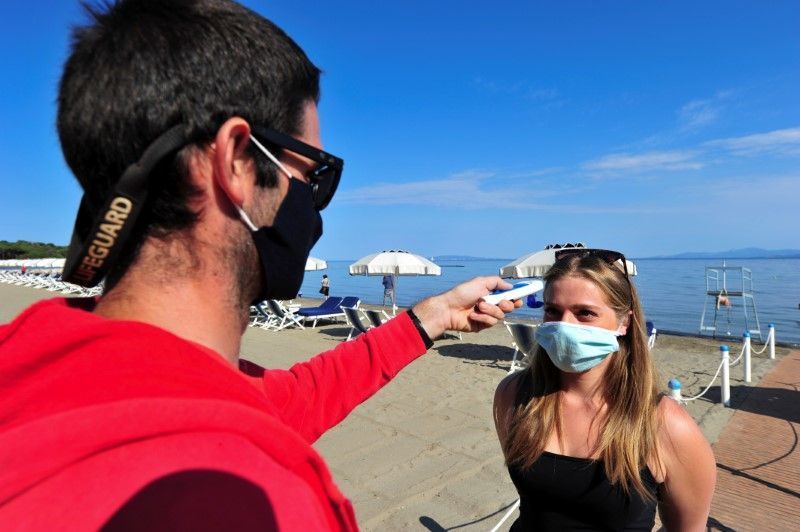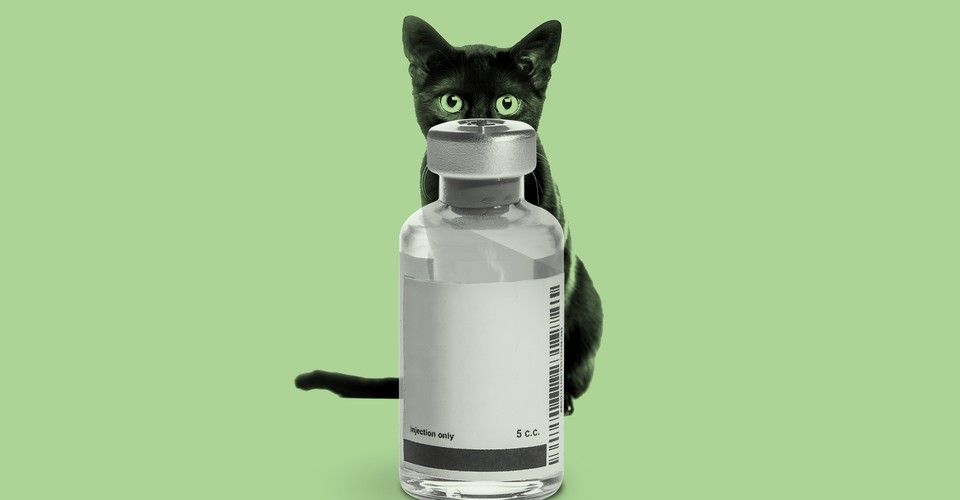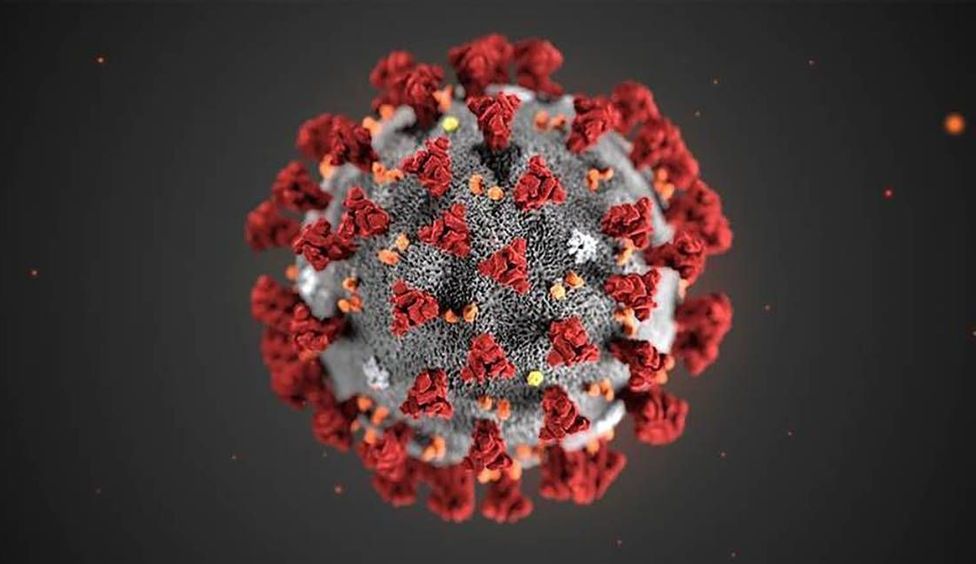A Bristol academic has achieved a milestone in statistical/mathematical physics by solving a 100-year-old physics problem – the discrete diffusion equation in finite space.
The long-sought-after solution could be used to accurately predict encounter and transmission probability between individuals in a closed environment, without the need for time-consuming computer simulations.
In his paper, published in Physical Review X, Dr. Luca Giuggioli from the Department of Engineering Mathematics at the University of Bristol describes how to analytically calculate the probability of occupation (in discrete time and discrete space) of a diffusing particle or entity in a confined space – something that until now was only possible computationally.

